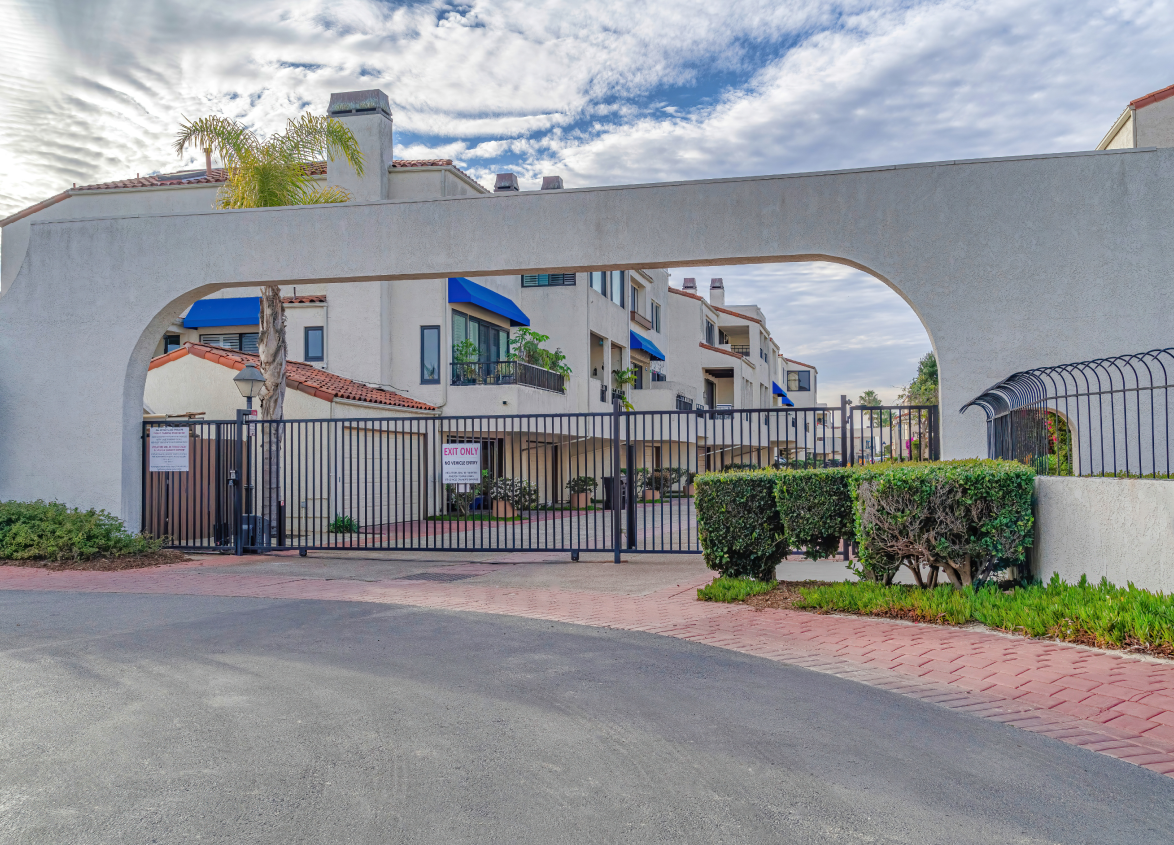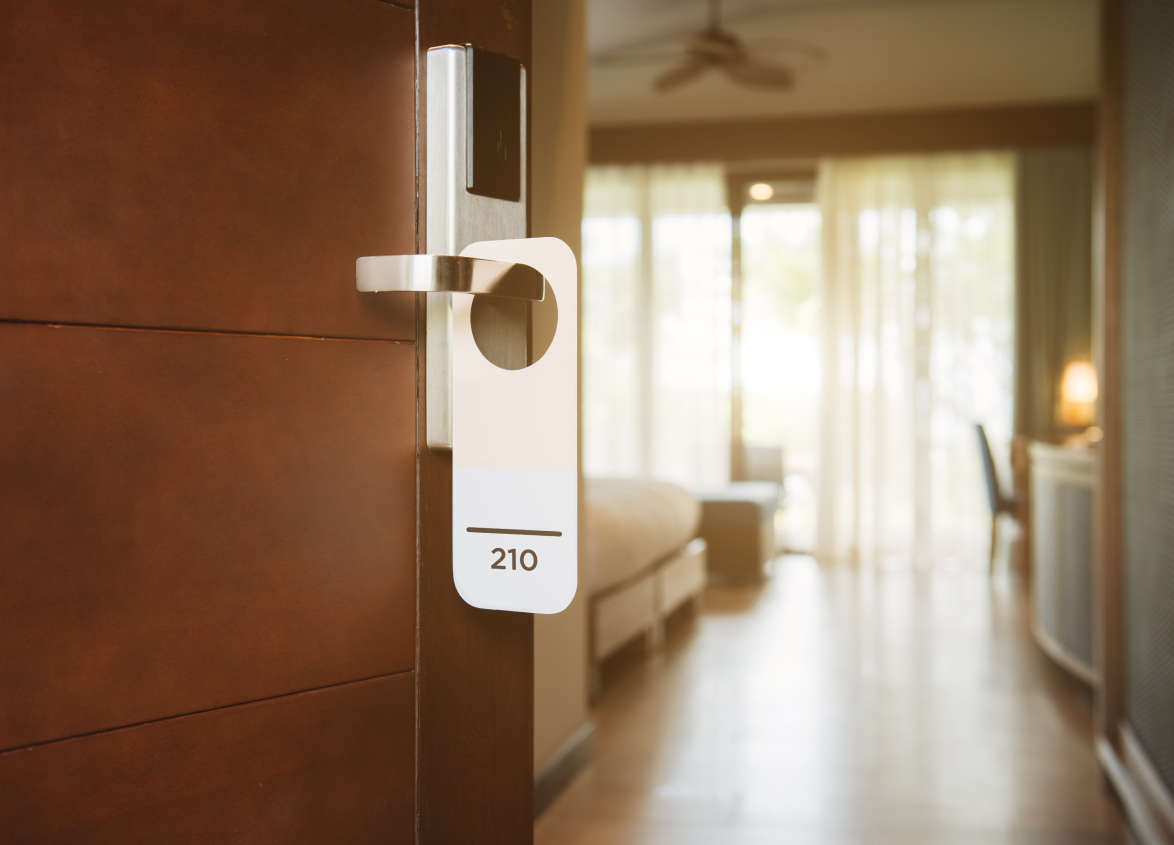
Commercial
Understanding the Lock-in Period in Commercial Real Estate
June 11, 2025
Introduction
Negotiating a commercial lease agreement can be complex, especially when understanding critical clauses like the lock-in period. One of the most important—but least familiar—conditions in such agreements might be the lock-in period. Whether you are a tenant looking for commercial space for rent or a landlord offering Grade A office space, it's essential to understand how a lock-in period in commercial real estate works.
This blog examines the lock-in clause in commercial real estate projects, why the two parties require it, its legality in India and negotiating aspects of obtaining such conditions. For landlords, it's a tool of rent security; for tenants, it's a promise of stability of business spaces over the specified lease period.
What Is a Lock-in Period?
A commercial real estate lock-in period is a provision in a lease that prohibits both the landlord and the tenant from cancelling the lease agreement during a certain period. In India, the period is typically between 3 and 5 years, depending on the nature of the commercial real estate project, business type and lease duration.
It is essential to distinguish the lock in period in lease agreement from the overall lease term, as both define different durations of commitment between the landlord and tenant. While the lease term represents the total time of the agreement (e.g., 9 years), the lock-in period is the non-cancellable duration within that term.
Purpose and Significance of the Lock-in Clause
To Landlords: Rental Income Stability
The key reason why landlords would insist on a lock-in clause is to enjoy stable rental income. A guaranteed tenant reduces the vacancy risk under uncertain market or economic conditions. The lock-in clause on the commercial lease is a form of financial guarantee.
For Tenants: Continuity of Business
For tenants, especially those investing in tailor-made office interiors, signage, or operational facilities, the lock-in period assures workspace commitment on the landlord's part and business continuity in real estate terms. It provides time to establish a market presence and operational footing.
Legal Enforceability in India
The legal enforceability of lock-in period, such as lock-in clauses, depends on the clarity of its definition. Under Indian law, Indian courts have endorsed the enforceability of lease conditions under which both parties willingly agreed on a term drafted in the commercial rental agreement.
Key Points to Keep in Mind:
- A lock-in clause must specify the lease terms' specific tenure and tenant conditions.
- Early termination clauses with some penalty conditions must be written.
- If the agreement is ill-drafted or one-sided, it will fail in court.
According to Hub & Oak, tenants must pay rent for the remainder of the agreed period, even if the lock-in has been breached.
Common Exceptions and Negotiations
Though enforceable, early termination fees and conditions vary widely under real estate lease arrangements.
Certain exceptions or negotiated provisions may allow for early exits without complete penalties:
- Force majeure occurrences (natural disasters, pandemics, etc.).
- Termination by mutual agreement between the landlord and the tenant.
- Buyout clause: Pre-negotiated financial penalty to exit early.
Companies must consider an implementable tenant exit strategy and ensure that the lease deal's terms and conditions are not very restrictive.
Factors Influencing Lock-in Periods in Commercial Leases
1. Type of workspace provider
Due to investment in infrastructure and services, Grade A developer leases are likely to include longer lock-ins. Established developers like Brigade typically offer Grade A commercial spaces with extended lock-in periods, ensuring infrastructure reliability and lease security. However, managed office suppliers often offer shorter lock-ins or rolling contracts.
2. Requirements for customisation
A tenant undertaking capital investments in interiors, cabling, or branding prefers longer lock-ins to justify ROI. Similarly, landlords recovering fit-out costs prefer rental commitment over a period.
3. Rental Cost and Tenure
Discounted leasing is usually given in return for more prolonged lock-in periods. A shorter term with greater flexibility will cost extra, contributing to the costs involved in breaking a lease.
Best Practices when Drafting Lock-in Clauses
A skillfully drafted lock-in clause creates fairness and diminishes possible conflict.
For Landlords:
- Establish the workspace commitment duration.
- Include a landlord protection clause in the lease in the event of non-payment or default.
- Ensure that experts review legal terminology to ensure the enforceability of lease terms in India.
For Tenants:
- Seek tenant obligations and rights under and after lock-in.
- Negotiate early termination clauses with clearly defined penalties to avoid disputes.
- Consider scenarios like business closure, relocation to a new place, or issues of compliance with the law.
For Both Parties:
- Utilise customised lease agreements instead of boilerplate forms.
- Document the agreement between parties in writing.
- Have open and honest communication during landlord-tenant lease negotiations.
Role of Legal Counsel
Considering the legal and financial impact such a lock-in clause entails, both the tenant and the landlord should seek the counsel of legal professionals while negotiating the lease. A lawyer helps with:
- Screening the commercial lease lock-in clause
- Interpreting tenant and landlord obligations
- Understand risks in real estate leasing agreements
Conclusion
Commercial property lock-in isn't a nicety; it's a legal requirement that impacts your business's financial and operating flexibility. Whether leasing a commercial office space in Bengaluru or a shared office in Hyderabadi, the lock-in duration determines your margin of continuity, stability and agility.
Ensure you enter into lease negotiations clearly and are conversant with the commercial property lease terms. This provision secures landlords' rental stability and helps ensure tenants' business continuity. With decent terms negotiated, it becomes an efficient tool, not a hindrance.
FAQs
1. Can mutual consent waive the lock-in period?
Yes, landlords and tenants can mutually agree to terminate the lease early. However, the consent must be documented in writing.
2. What happens if a tenant breaks the lock-in clause?
Depending on the lease agreement terms, the tenant may be required to pay the remaining rent of the lock-in period or a pre-negotiated penalty.
3. Is the lock-in period legally binding in every state of India?
While enforceability varies slightly, most Indian courts honour well-defined and mutually agreed lock-in clauses in commercial lease agreements.
4. What is lock-in period in rent agreement?
A lock-in period in a rent agreement is a fixed duration during which neither the landlord nor the tenant can terminate the lease. It guarantees a minimum period of commitment, ensuring stable rental income for landlords and business continuity for tenants. This clause helps prevent unexpected vacancies or relocations.
MUST READ
Looking for something specific?
We'd be delighted to help you.















































































































































































































































































































































































































































